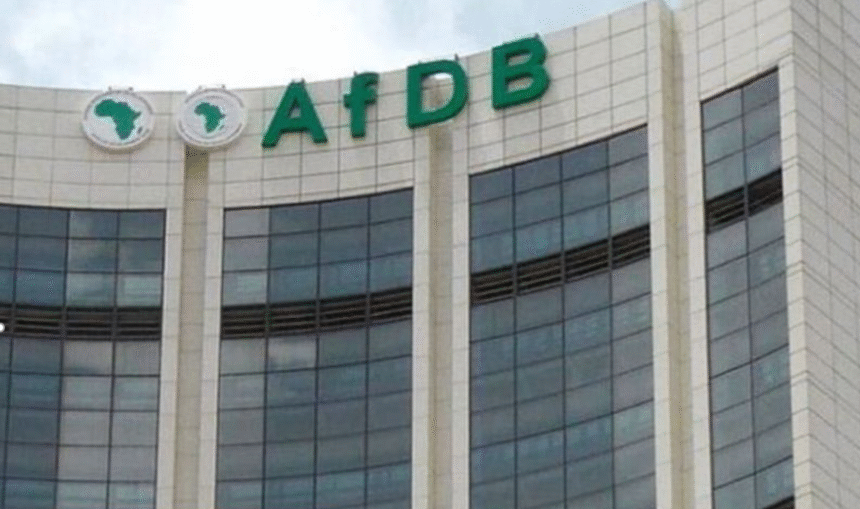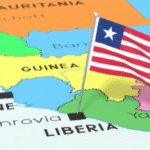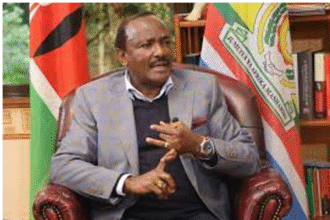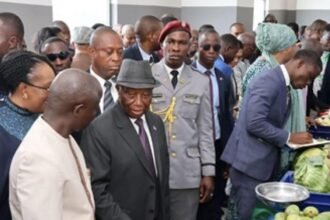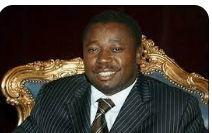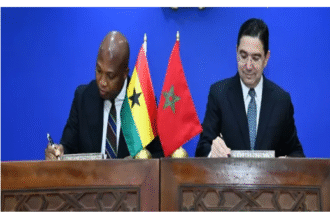By Amadou Keita
Abidjan, Ivory Coast – The election of the next president of the African Development Bank (AfDB) concluded on Thursday in Abidjan, with five candidates vying for the prestigious role of leading the continent’s premier financial institution. The successor to Nigeria’s Akinwumi Adesina will inherit both a legacy of significant impact and a challenging global economic landscape.
The highly anticipated election saw contenders from across the continent, including former finance ministers Amadou Hott of Senegal and Sidi Ould Tah of Mauritania (West Africa), economist Samuel Munzele Maimbo from Zambia and Bajabulile Swazi Tshabalala from South Africa (Southern Africa), and Abbas Mahamat Tolli, former governor of the Bank of Central African States (Central Africa). Notably, Tshabalala brought crucial experience as a former Vice President at the AfDB.
The new president will take the helm of one of the world’s largest multilateral development banks. The AfDB, founded in 1964, boasts 81 members, including 54 African nations, and funds its operations through member subscriptions, loans, and investment income.
Challenges await the incoming leader, particularly in light of potential cuts in US funding. The AfDB faces the threat of losing $500 million in American support for projects targeted at low-income countries, a consequence of policy shifts from the US administration.
All five candidates pledged to build upon Adesina’s “High 5s” priorities: to Light up and power Africa, Feed Africa, Industrialize Africa, Integrate Africa and Improve the Quality of Life for the People of Africa. These priorities have defined the AfDB’s focus over the past decade.
Outgoing President Adesina highlighted the bank’s achievements under his leadership, stating, “I am proud of the legacy we are leaving behind… for the bank, and for Africa.” He emphasized the progress in establishing a world-class financial institution that strengthens Africa’s position in the global development environment.
According to Adesina, AfDB projects benefited 565 million people during his tenure. Successes include backing the Gabal El Asfar wastewater treatment plant in Egypt, the largest in Africa, financing a bridge connecting Senegal and The Gambia, expanding the port of Lome in Togo, and supporting sanitation improvements in Lesotho and electricity access in Kenya. He also reported a significant increase in the bank’s capital, from $93 billion to $318 billion, between 2015 and 2024.
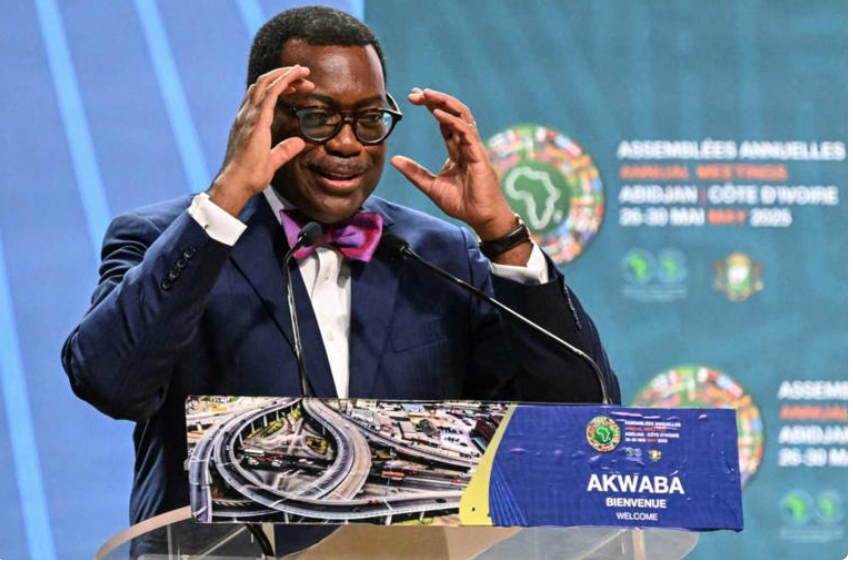
The election process requires a majority of votes from all member countries, as well as a majority from African nations. Each shareholder’s voting weight is determined by their capital contribution, making the support of the five largest African contributors – Nigeria, Egypt, Algeria, South Africa, and Morocco – particularly crucial. The United States and Japan are major non-regional contributors.
With a complex voting structure, the election was expected to be a multi-round process. The candidate with the fewest votes will be eliminated in each round until one candidate achieves the required majority. This necessitates strategic alliance-building among the candidates. The results of the election were expected to be announced later Thursday.


